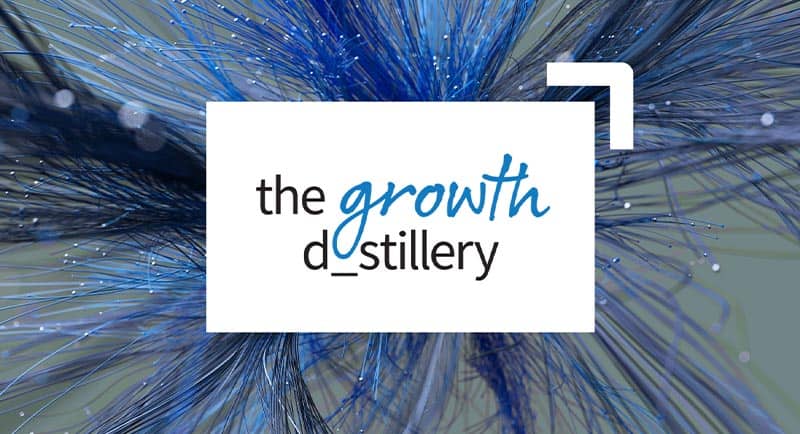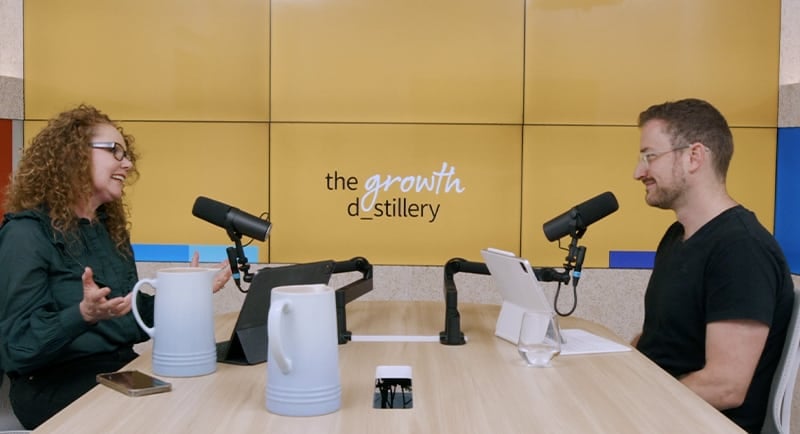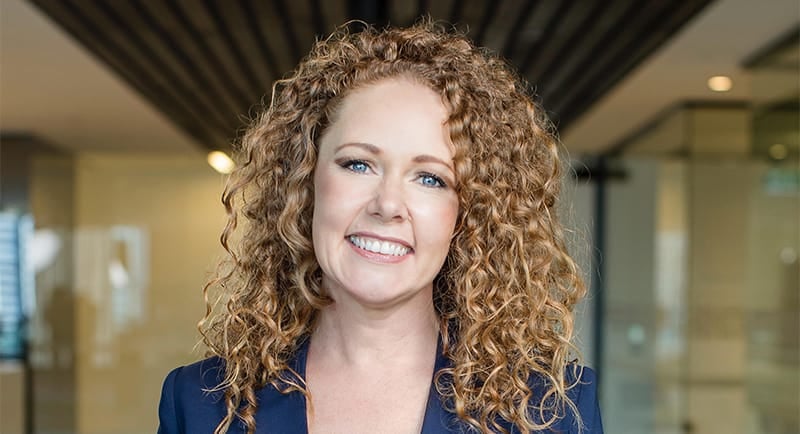Earlier this year, News Corp Australia announced the launch of The Growth D_Stillery, a dedicated research and intelligence service offering consumer insights to help marketers navigate brand challenges, anticipate consumer trends and understand where best to invest.
See Also: Behind The Growth D_Stillery: News Corp’s newest research and intelligence offering
The Growth D_Stillery amplifies key research insights on trade marketing platforms, and on News Corp Australia channels. As a part of its release into market, the platform has launched a series of vodcasts hosted by News Corp Australia’s director, Growth Intelligence Centre Dan Krigstein, with guests from all corners of the marketing world.

Dan Krigstein
Released fortnightly, the vodcasts aim “to really humanise these insights,” according to Krigstein, and tackle a new marketing challenge every episode.
This week, Mediaweek spoke to Lisa Ronson, Adjunct Professor at Deakin Business School and former CMO of Coles.
Ronson says that creativity in marketing is “something I’m really, really passionate about,” and that she was invited to join the Vodcast by the News Corp team, having worked with them for a long time.
The Vodcast episode centres on the “drought of creativity”. Whilst it’s a concerning prospect for marketers, Ronson says that it’s something that comes and goes in a cycle, rather than as a one-off event.
“The uncertainty about the economic conditions makes businesses, rightly so, think differently about what it is that will drive sales tomorrow, versus what will drive sales next month. Sometimes in these tight economic conditions, you might need to focus less on the next month, six months, or 12 months – but still make sure when it gets to 12 months, it doesn’t drop off a cliff – and worry more about trade driving and tactical measures.”

Just because the drought isn’t a new concept, however, doesn’t mean it should be written off as nothing to worry about.
“There is a stat, we spoke about it on the vodcast, about what percentage of time CMOs and marketing people are spending on creativity, and it’s on the decrease. That won’t affect tomorrow’s sales, but it will affect future sales because creativity and innovation are intrinsically linked.
“People think creative is just big brand ads, it’s not. There can be creativity in process, in technology, in the way we solve problems. The definition is stepping away and looking at something from a different perspective, and thinking about it in potentially a more emotive way.”
The Vodcast also touches on the topic that Ronson says she gets asked about the most – ChatGPT. Thankfully for marketers, the AI chatbot isn’t set to take our jobs just yet, and may actually be more useful than some give it credit for.
“These sorts of things also happen in cycles. We automate parts of jobs, and that frees up people to do a different part of their jobs – in this vein, it could potentially free up CMOs to think more about creatively solving problems and connecting with consumers. I don’t think it’s something to be scared of, I think it’s something to be embraced and leveraged in our industry in the right way.”

Ronson and Krigstein
When asked what hurdles she believes the industry faces at the moment, Ronson says that it all boils down to “ensuring that the whole business understands that what we do, does actually drive results.”
“That’s always my advice to marketers in general, because the question that they always ask me is ‘how do you get a board, or the senior leadership, or peers, or the organisation to understand the outcomes of what we do?’ My answer to that is, we need to talk more broadly about the business case – here’s the problem we’re trying to solve, and here’s how we’re going to solve it. Here’s what we think the results will be, and when the results will happen.
“One of the biggest issues we’ve got is if you’re in a longer-term industry like the banking industry, it might take months to see the results. If you’re a retailer, it might come in days. If you’ve got a CFO sitting there going, ‘you’ve done something, and the results aren’t there, therefore we have to pivot or cut it’, then you’re in a really difficult situation.”
It’s a message that Ronson hopes people who listen to the Vodcast take away from the episode – marketers are critical, and their work is worth celebrating.
“I think sometimes if you don’t understand what someone else does, you automatically dismiss it or dilute it in some way. As marketers, we need to have much louder voices around the value of marketing – it’s not a cost centre, it is an absolutely significant driver of value within the organisation. I think marketers should feel proud about that, and very much lean into it.”
–
Top Image: Lisa Ronson
